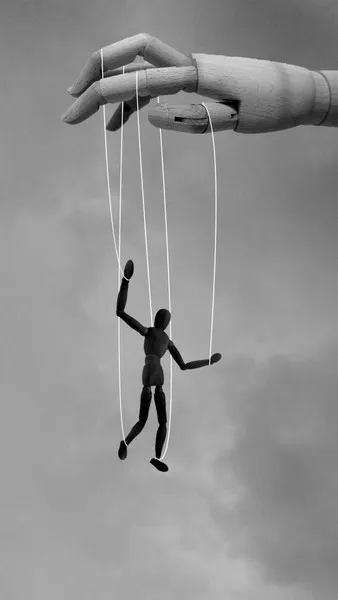Table of Contents
- What is Social Control?
- Classical Foundations of Social Control
- Formal and Informal Mechanisms
- Sociological Theories of Social Control
- Institutions of Social Control
- Deviance and Resistance
- Social Control in the Digital Age
- Conclusion
Social control is a central concept in sociology, concerned with the ways societies regulate individual behavior to maintain order, stability, and cohesion. At its core, social control refers to the mechanisms, processes, and institutions through which norms, values, and rules are upheld. These processes are essential because without them, collective life would risk disorganization, conflict, and chaos. Understanding theories of social control allows us to see how societies manage deviance, enforce conformity, and negotiate social order in both formal and informal ways.
This article provides a comprehensive and extended overview of the main theories of social control, their historical development, key principles, and their relevance for understanding contemporary society. It also situates these theories within the broader sociological tradition, illustrating how questions of order, deviance, and conformity have shaped the discipline itself. It is particularly aimed at undergraduate students seeking to grasp the frameworks that explain how power, norms, and institutions operate to guide human action.
What is Social Control?
Social control can be defined as the set of processes by which individuals are encouraged—or compelled—to conform to societal rules and expectations. These processes operate at multiple levels:
- Informal control: Everyday practices such as socialization, peer pressure, gossip, community approval, or disapproval. Informal controls often shape behavior even more deeply than laws, since they operate through personal relationships, moral judgment, and feelings of belonging.
- Formal control: Codified rules and regulations enforced by institutions such as law, policing, courts, and the state. Formal control relies on explicit sanctions—punishment, imprisonment, or fines.
Together, these forms of control ensure social order by shaping individual behavior within the boundaries of collective expectations. Importantly, informal and formal mechanisms frequently overlap; for example, a person might avoid breaking the law not only because of fear of punishment but also because of concern about community judgment.
Classical Foundations of Social Control
Émile Durkheim
Durkheim argued that social norms and the collective conscience bind individuals together. For him, social control is less about coercion and more about moral regulation embedded in social life. The shared values and beliefs of society provide the framework through which individuals understand right and wrong. Deviance, in his view, serves a social function by reinforcing norms and boundaries when collective disapproval is expressed. He highlighted how punishment, though seemingly destructive, is in fact integrative—it reaffirms the unity of society.
Max Weber
Weber emphasized rationalization and bureaucratic authority. Modern societies, he argued, maintain control through legal-rational forms of authority that operate impersonally through rules, procedures, and administrative systems. Unlike traditional authority based on custom, or charismatic authority based on individual leaders, legal-rational authority rests on formal rules that are applied consistently. Social control in Weber’s vision is a product of rationalized institutions and the legitimacy of authority embedded in bureaucracy.
Karl Marx
From a Marxist perspective, social control is deeply tied to economic structures and class domination. Laws, norms, and institutions are seen as mechanisms through which the ruling class secures compliance and maintains its power. The state and its legal system are not neutral but function to protect capitalist interests and suppress challenges to the dominant order. Social control, therefore, is fundamentally about class struggle and the reproduction of inequality.
Formal and Informal Mechanisms
Theories of social control often distinguish between formal and informal mechanisms, but both are deeply interconnected.
- Informal mechanisms: These include cultural practices, family expectations, religious guidance, community norms, and peer group influence. They are often invisible but highly effective, as individuals internalize values and self-regulate their behavior. Informal sanctions—such as ridicule, gossip, or social exclusion—can be particularly powerful, shaping everyday choices.
- Formal mechanisms: Institutionalized and codified, such as criminal law, judicial processes, and state policing. They rely on explicit sanctions—punishment, imprisonment, or fines—to ensure compliance. Formal mechanisms often gain legitimacy by aligning with informal values, such as fairness or justice.
The interplay between these mechanisms is crucial. A society that relies only on formal control may foster resentment, while a society with strong informal norms may regulate behavior effectively with minimal coercion.
Sociological Theories of Social Control
1. Socialization Theory
This approach emphasizes the role of early life experiences in shaping conformity. Families, schools, and communities transmit norms and values to children, ensuring they internalize societal expectations. Deviance often arises when socialization is weak, inconsistent, or disrupted—for instance, in contexts of family breakdown, lack of education, or marginalization.
2. Structural Functionalism
Get the full article AD FREE. Join now for full access to all premium articles.
View Plans & Subscribe Already a member? Log in.





